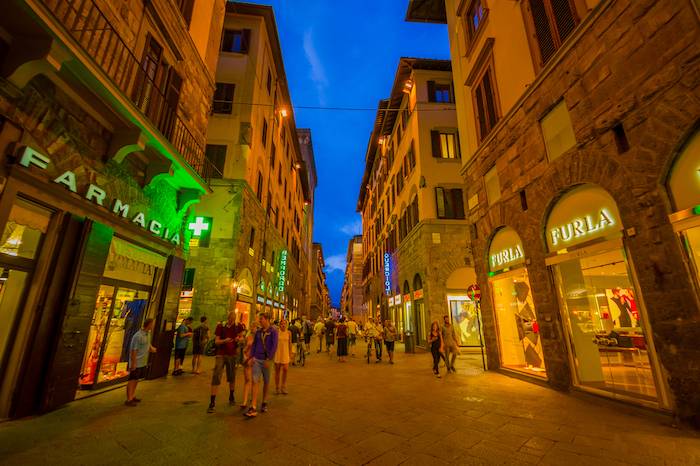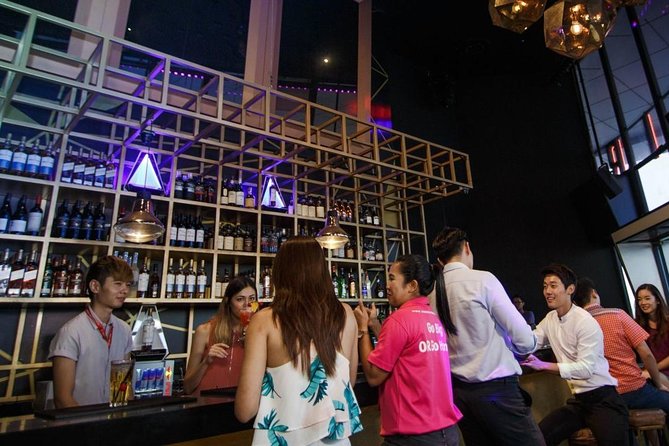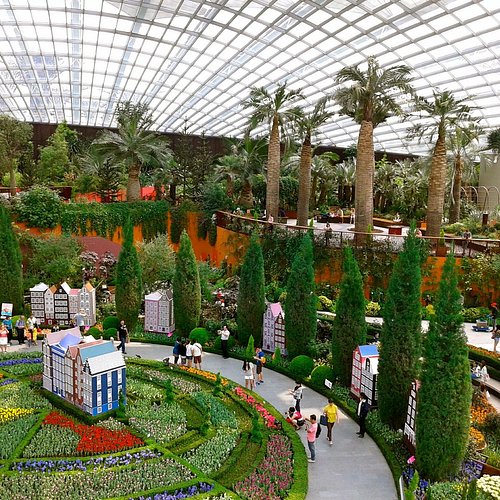Aria Travels
America
5 days ago
Exploring Wildlife Wonders: Top 10 Family-Friendly Zoos Around the World
Introduction Overview of Family-Friendly Zoos When planning a family outing, zoos are often at the…
America
5 days ago
Exploring Wildlife Wonders: Top 10 Family-Friendly Zoos Around the World
Introduction Overview of Family-Friendly Zoos When planning a family outing, zoos are often at the…
Britain
3 weeks ago
A Visitor’s Guide: Navigating the British Museum’s Entrance Fees
Source: cdn.sanity.io Understanding the British Museum Entrance Fees Overview of the British Museum The British…
Arab World
April 20, 2025
Travel Agency in Morocco Casablanca: Who to Trust
Source: dynamic-media-cdn.tripadvisor.com Overview of Travel Agencies in Morocco Popular travel agencies in Casablanca Casablanca, often…
Arab World
April 21, 2025
Grand Tour of Morocco: How to See It All in 3 Weeks
Source: cdn.kimkim.com Planning Your 3-Week Grand Tour of Morocco Setting the Itinerary When creating a…
Arab World
April 27, 2025
Contiki Morocco Review: Is This Group Tour Right For You?
Source: www.contiki.com Overview of Contiki Morocco Group Tour Experience the Magic of Morocco The Contiki…
Arab World
April 21, 2025
Marrakech Morocco Things to Do at Night
Source: www.groovymashedpotatoes.com Overview of Marrakech Nightlife Introduction to Marrakech Marrakech, a vibrant city in Morocco,…
Arab World
April 21, 2025
Things to Do in Rabat: Morocco’s Underrated Capital
Source: ratherbewandering.com Introduction Overview of Rabat, the Capital of Morocco Rabat, the capital of Morocco,…
Britain
May 7, 2025
What are the top 3 most interesting landmarks?
Are you planning a trip to England and wondering which landmarks you shouldn’t miss? Do…
Britain
May 6, 2025
Is the British Museum free to visit?
Are you planning a trip to London and wondering if the British Museum charges an…






















